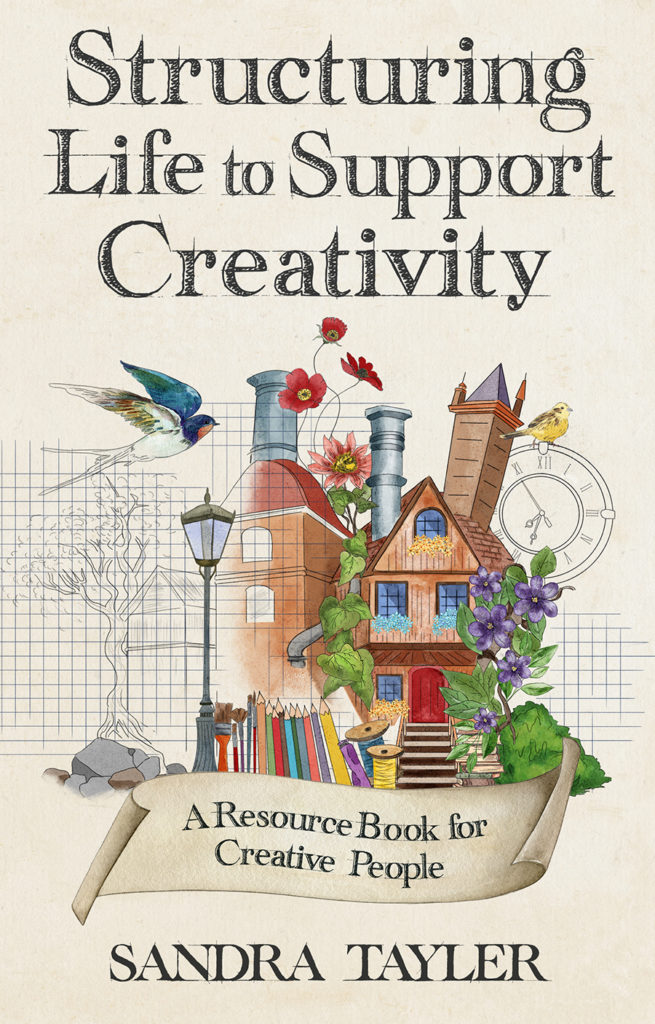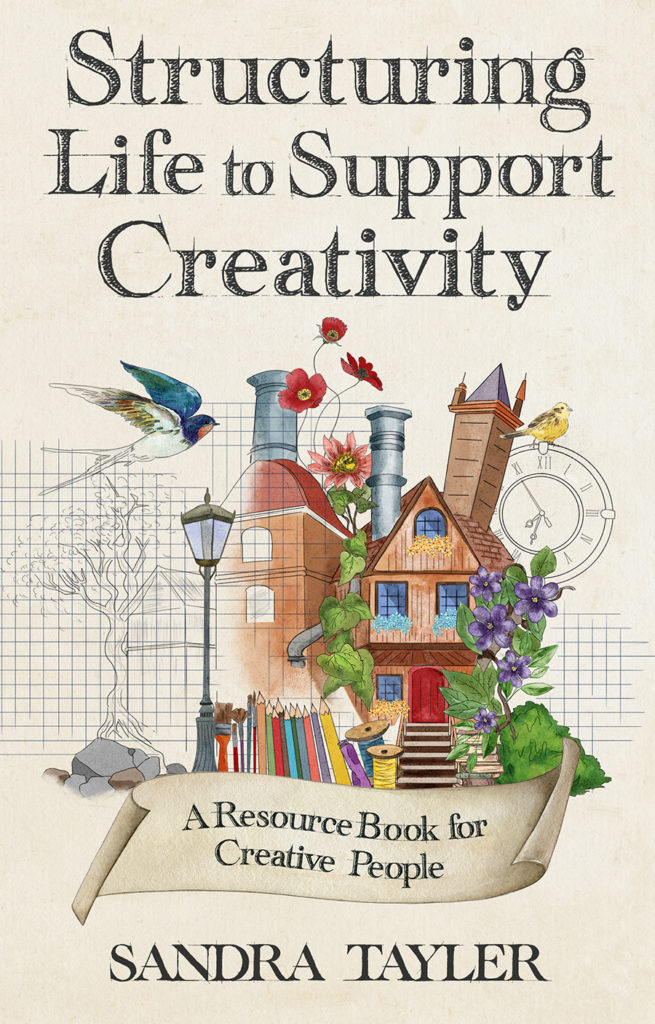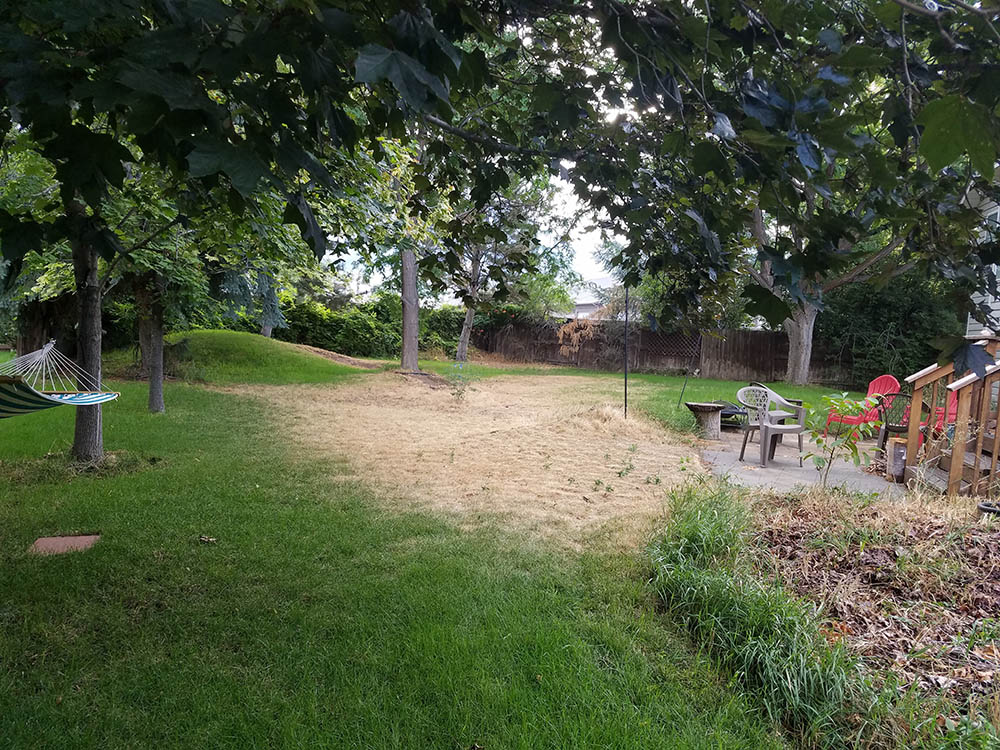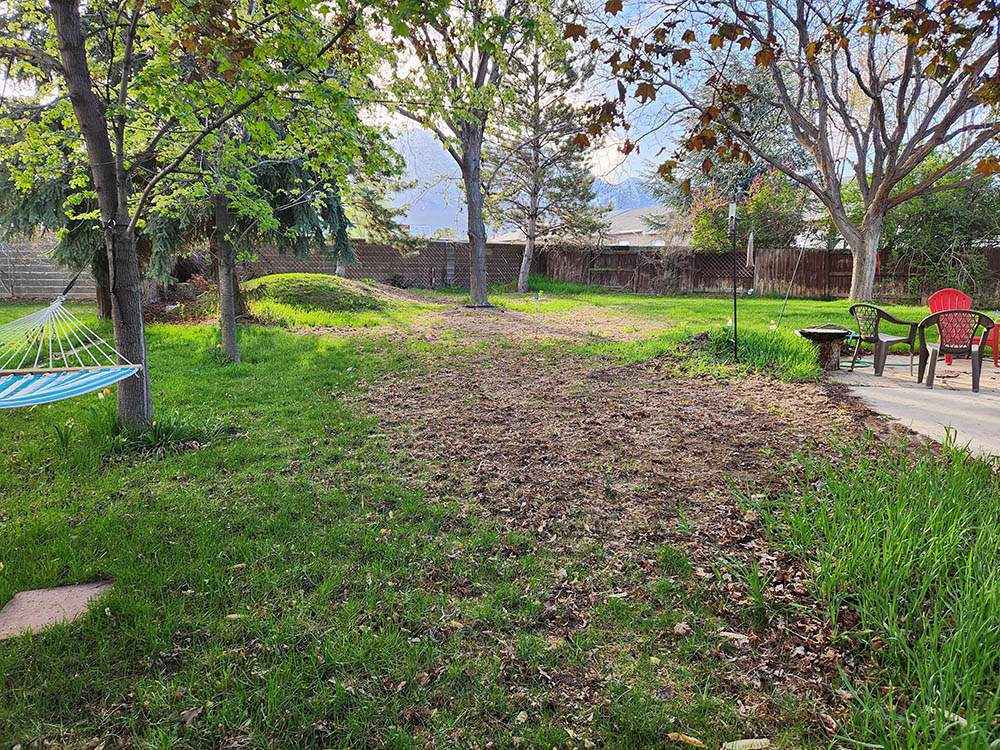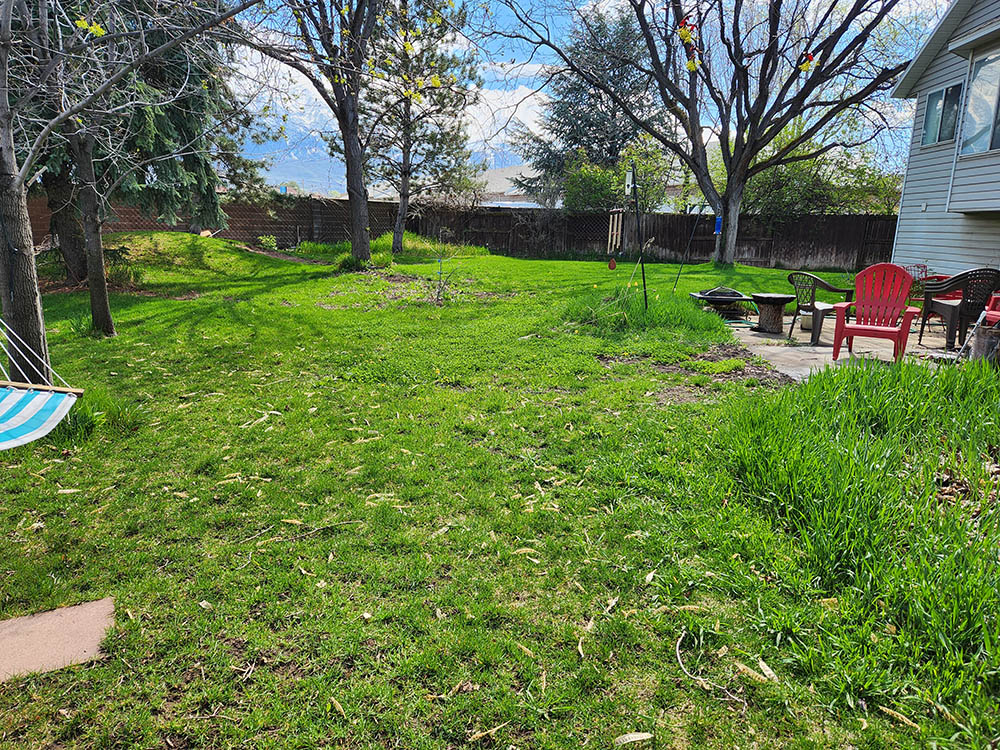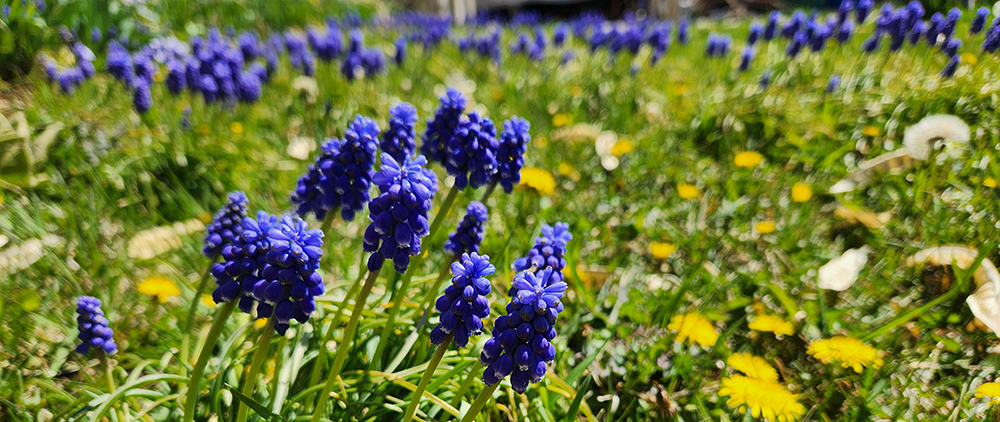Gen Con Triumphant
This was published to my newsletter, but I wanted to put it here as well.
Dear Readers,
I am writing this to you halfway through my road trip to return from Gen Con. Any large event like this is one that is full of stress and anxiety, but I am emerging immensely glad that I went. I am tired, but happy.
This time last week, as I was headed into the show, one of my largest fears was illness. I worried that we would get sick. Since it is a long show (2 days of set up, 4 days of show) I am keenly aware that catching something early on might force one or more of us into quarantine thus requiring us to miss part of the show. I really wanted to get to teach all my classes, have all the conversations, connect with all the people, and illness could snatch all of that away from me. This was made even more real when our booth partner arrived in town only to test positive for Covid and turn around to return home rather than infect anyone else. Our other booth partner had a non-infectious heath issue that meant he had to beg off from the time he meant to spend in our booth. So we ran with a skeleton crew the whole show. The anxiety of “what if someone else gets sick” was loud. Very loud.
Anxiety is a thief. I realized that if I let it run rampant the anxiety would color every experience, every conversation, every moment, every memory. So I deployed one of my anxiety coping strategies. I moved through the event collecting moments as treasures, much like a person on a shore collecting pretty pebbles. Every moment I got to have, I held tight because sickness could not take it away from me even if it managed to steal everything else. So I became a hoarder of moments. Putting memories in my pockets. I would like to share a few of those pebbles with you.
Pebble: I sat with dear friends and hold space with them for other dear friends who are gone. We reminisced, cried, laughed, and hugged. Mourning with those who mourn has a surprising amount of laughter in it, at least with the friends that I have. That space we created was made sacred by what we brought into it, what we shared, and by the absent ones who were less gone while we sat together. When we went our separate ways, we each took a piece of that shared space with us.
Pebble: One of my anxieties was that I had over-booked myself. That I was carrying too many roles. I forgot small things that I usually would not forget. I wondered why I had committed to teaching classes on top of running the booth. But then I stood in front of fellow writers and I spoke from my head and heart. I love that moment when I see someone’s face change in response to information I’ve shared. To witness and participate in transformation is always an honor. And I always hope that the other person is able to catch their pebble and keep it.
Pebble: There was a panel on poetry that I hesitated to volunteer for, but I’ve been reaching out to poetry and wanted to participate in a conversation about it with people who are more experienced with it than I am. So I claimed a space. Then during the panel a question was asked and I realized my best answer was to read aloud a short poem fragment that I’d written back in April. This one:
Once you start loving poetry
it accumulates
gathered in eddies
volumes of verse waiting to be read
a line scribbled on a napkin
that may someday find a home
I worried about reading a poem in front of people, particularly poets. But, in the moment I finished, they gave me such a gift. They snapped approval and said “lovely” in a voice I believed. I need to seek out more poets, the shared joy in words was glorious and I’d like to feel that again.
Pebble: My last event was a presentation called the Caregivers Guide to Creative Spark. I’d gone through the whole thing and was at the moment when I need to find something to say that the listeners could carry with them out the door. That concluding moment is always shaped by what has transpired during the session, what questions were asked, what tangent stories I told. I looked at all of their faces and I was so impressed that there were so many people who are willing to sacrifice the creative work they’re passionate about in order to do the creative work of caregiving. Caregivers are true heroes, so I spoke my thanks to them for all that they do. Again, honored that I got to be with them in that room where we’d shared knowledge of how difficult caregiving can be.
Pebble: Howard’s health and energy levels was another concern going into the show. A valid concern. Pain management was something we had to do on a daily basis. But, on the final day I watched him standing and talking with animation. That was not something he could accomplish last year. The comparison was very evident to me. He is beginning to bubble over with ideas again instead of them being drown in the struggles of existing under daily fatigue. I begin to have a sliver of hope that he might get to have better health than he’s had these past few years. That we might get to tackle exciting new projects both together and separately. I’m wary of hope, but I’m collecting it into my pockets anyway.
I have so many more pebbles than these. So many beautiful moments I get to keep. I haven’t even touched on the new friendships, the friendships deepened, the art I bought, exhaustion of tear down, the phone we thought was lost but wasn’t… I could go on (and on, and on). With each pebble collected, anxiety backed off until Saturday and Sunday were full of happiness and not anxiety.
Tomorrow we drive again. In fact I’m up later than I should be the night between a thirteen hour drive and a ten hour drive. Then we are home and I will immediately pivot to all of the tasks that I set down in order to be able to attend this show. There are packages to ship, a shipment of books that is finally arriving, I’ve got SLSC to edit, and Mandatory Failure to finish.
I’m excited for all of this work. So many good things are ahead of me. And yes, possibly some hard stuff too, but I’m not going to let fear of the hard stuff steal the moment I’m in. I’m collecting pebbles.
What ever is going on in your life, I hope that you too are able to collect pebbles. In fact if you want a (completely optional) assignment, collect one moment today. You can collect it however you wish: in writing, with a photograph, by telling it, picking up (or making) a physical object. Just notice it in a way that lets you be glad you had it.
All the best,
Sandra
